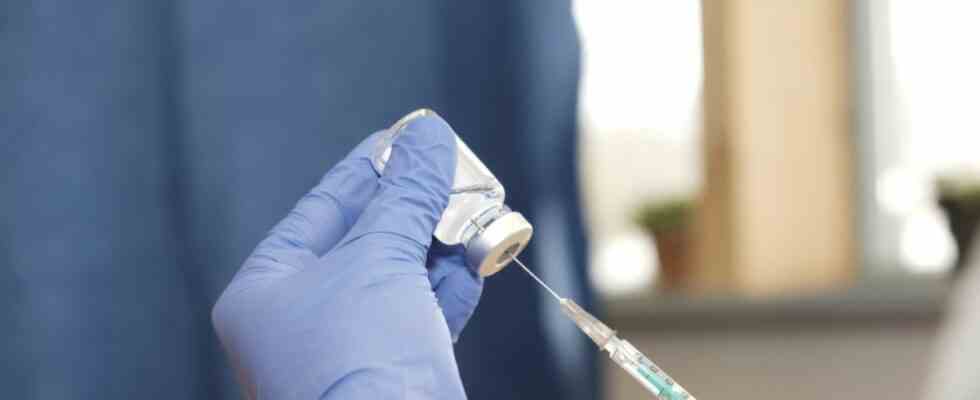After almost three years, the corona pandemic in the district of Bad Tölz-Wolfratshausen is ending, or at least part of it: The vaccination centers in Bad Tölz and Wolfratshausen, which were operated by the state of Bavaria, are closed. The corona incidence currently reported by the Robert Koch Institute (RKI) also looks like the pandemic is coming to an end. On January 2, it was 56 new infections per 100,000 inhabitants in seven days. However, due to the public holidays and the isolation requirement that has been lifted in Bavaria, the number of unreported cases is likely to be significantly higher. For the days before, the RKI has already corrected the incidence upwards due to late reports.
Despite this supposedly low number of corona cases, the hospitals in the district are still heavily used. According to the Divi intensive care register, all of the 22 available intensive care beds in the hospitals were occupied on Monday, two of them with corona patients. In addition to the acute wave of influenza, a challenge for the clinics is the high level of sick leave among their staff, which is why operations are significantly restricted.
The medical practices in the district are not yet registering a sharp increase in demand for corona vaccinations as a result of the closed vaccination centers, reports Jörg Lohse, who in addition to his work as a family doctor was also the district’s corona coordinator until the end of last year. “The closure of the vaccination centers had been announced for a long time, so most of the district’s need for vaccination has now been satisfied,” he reports. Similar to before the vaccination centers were closed, he currently vaccinates around ten people a week against the corona virus in his practice.
One reason for the relatively low demand for the fourth vaccine dose is that it is currently only recommended for a few people. The Standing Vaccination Commission (Stiko) currently only advises people over the age of 60, people with a previous illness and employees in the care and health sector to have a second booster vaccination.
In his doctor’s office, Lohse not only vaccinates people to whom the Stiko recommends a fourth vaccination, the group of those willing to be vaccinated is currently very diverse. “There are always young people who want to be vaccinated with the vaccine adapted for Omikron before a trip,” he says. These people are often already vaccinated three times, but want to improve their protection against the currently dominant variant with the adapted vaccine. Even if the Stiko does not currently recommend this, a voluntary fourth vaccination is possible at any time in consultation with the family doctor.
Little will change for medical practices in the short term. However, Lohse fears that outsourcing the vaccinations to those in private practice could lead to problems in the long term. The reason for this is the way the vaccines are packaged: the ampoules always contain several vaccine doses, which expire quickly after opening. With the vaccines from Biontech and Moderna, it is not a big problem to vaccinate most doses from one ampoule, the demand there is relatively high. It’s more difficult with the protein vaccines, which not many patients are interested in. There, Lohse often had to open an ampoule for a patient and then throw away the remaining doses due to lack of demand, “waste is inevitable”. It could have been handled much better in the vaccination centers because those who wanted to be vaccinated from the entire district came together and could share an ampoule. In addition, he cannot keep all the different vaccines that are now approved against the corona virus in his practice. In addition to the corona vaccinations, the vaccines against flu, tetanus and other diseases must also be kept in the practice’s refrigerator.
Another problem is the closure of the vaccination centers for all vaccinated people who have lost their proof of vaccination and want to have it issued again. Previously, they could apply for this at the vaccination center. The vaccination archive of the Bavarian State Office for Health and Food Safety is temporarily taking on this task. Citizens can apply for a new version of the certificate there, stating their full first and last name, their current valid registration address, their date of birth, their address at the time of vaccination and ideally the vaccination date and vaccination center. From March 1, 2023, the district office will then issue new vaccination certificates.

